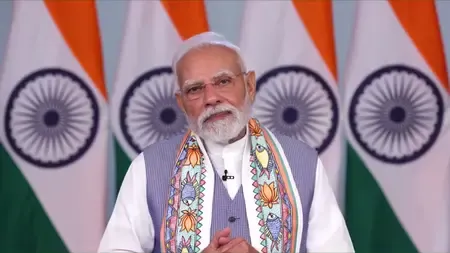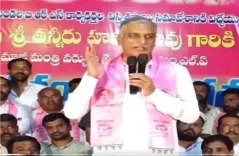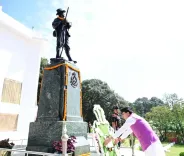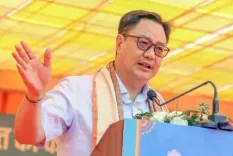Why Did NCP Leader Hasnat Abdullah Call July Declaration 'Incomplete'?
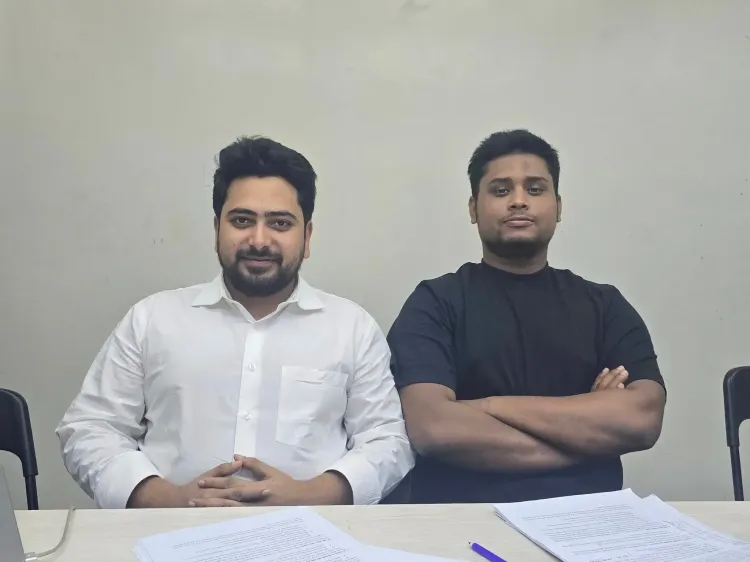
Synopsis
Key Takeaways
- Hasnat Abdullah calls the July Declaration 'incomplete'.
- His absence was a deliberate silent protest.
- Criticism of the exclusion of key voices from the movement.
- Highlighting the need for unity over division in political discourse.
- Accusations against media and intelligence agencies for misrepresentation.
Dhaka, August 7 (NationPress) Hasnat Abdullah, the Chief Organiser of Bangladesh's National Citizens Party (NCP) in the southern region, expressed on Thursday that he “did not feel the need” to be present at the July Declaration reading ceremony led by Chief Advisor Muhammad Yunus on August 5, citing that the event was overshadowed by the words of a “handful of groups” rather than promoting unity.
Abdullah, alongside Sarjis Alam, was part of the 'Anti-Discrimination Student Movement' that contributed to the downfall of the government under former Prime Minister Sheikh Hasina in August 2024. He described his absence as a “silent protest” against what he deemed the “incomplete” July Declaration.
On Thursday, Abdullah took to social media to respond to a showcause notice sent to him by the party for his non-attendance at the event.
The notice, which was issued to five NCP leaders, including Abdullah, regarding their visit to Cox's Bazar on July 5 Uprising Day, mandated them to provide written explanations to the party's top two leaders within 24 hours concerning their visit.
Abdullah articulated his reasoning on August 4, stating that he learned many of the injured and prominent activists from the movement were completely excluded from the event, representing both a political and moral failure. Consequently, he opted not to participate.
“I did not feel any desire or need to be present where division is prioritized over unity, and where the voices of a few groups overshadow those of the martyrs and injured,” he expressed. He decided to leave Dhaka the following day to reassess previous decisions during this crucial time, understand recent developments, and contemplate future actions as part of his silent protest against the incomplete July Declaration.
Abdullah criticized the state intelligence agency for documenting their movements at the airport and disseminating the information to the media. In response to the notice, he stated, “In collusion with certain media and intelligence agencies, our actions have been portrayed as criminal and suspicious. Rumors have circulated that we were heading to a clandestine meeting with Peter Haas to orchestrate a conspiracy against democracy. However, he was not even in Bangladesh at that time.” He expressed his surprise and anger at the ongoing misconduct by the intelligence agencies and some media in new Bangladesh.
According to Abdullah, the NCP should have taken decisive action against the intelligence agency and the “dishonest media” rather than issuing a showcause notice. He urged the public to reflect on the political wisdom behind releasing such an ‘unlawful’ condolence letter and its media coverage.



